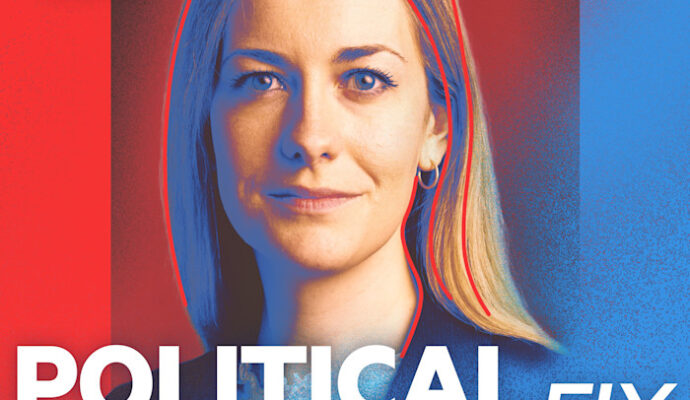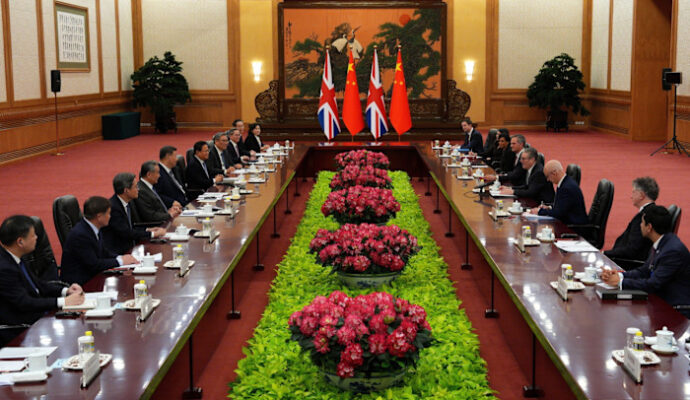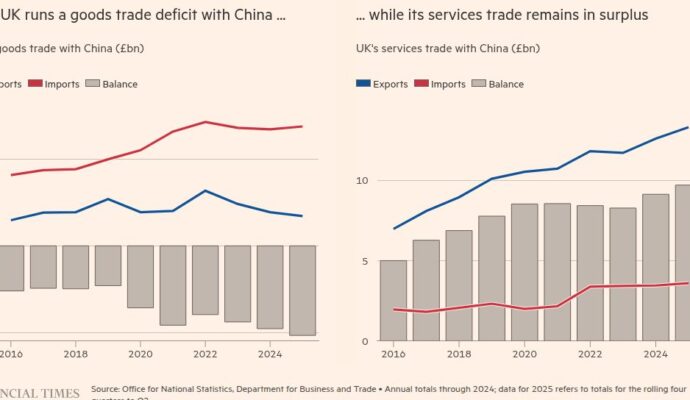Unlock the Editor’s Digest for free
Roula Khalaf, Editor of the FT, selects her favourite stories in this weekly newsletter.
Demand for New Zealand’s “golden visas” has increased sharply in the past six weeks under new looser rules, with the majority of new applications coming from the US.
New Zealand eased the rules of its golden visa programme in February, part of a push by Prime Minister Christopher Luxon’s centre-right government to attract more foreign investment to boost the country’s flagging economy.
The new scheme, which came into effect in April, removed English-language requirements and lowered the investment threshold for the “growth” visas to NZ$5mn (US$3mn). Applicants must spend just 21 days in the country to establish residency, down from three years. The application process has also been cut to 11 days, on average, according to the immigration department.
A higher-threshold “balanced” visa mandates $10mn of investment, but allows applicants to invest in bonds, equities and property development and includes residency for family members.
The revamped programme has attracted 65 new applications in the six weeks since it was introduced, according to data from New Zealand’s immigration department, in addition to 39 rolled over applications, of which 42 have been approved. That represents a minimum investment of NZ$620mn, according to the department.
Of the new applications, 55 came from the US, the largest single source country, followed by Hong Kong at 15 and China at 12, according to the department.
Stuart Nash, a former immigration minister who co-founded relocation consultancy Nash Kelly Global last year, said US President Donald Trump’s re-election had been a catalyst for many wealthy Americans to seek residency abroad.
“It’s the main driver,” he said. “Many of the people applying are of a different political persuasion to President Trump.”
Nash pointed to the “level of uncertainty” Trump’s administration had introduced into global affairs, adding that New Zealand had benefited from countries such as Portugal and Ireland clamping down on golden visa programmes. The European Court of Justice last month ruled that Malta’s visa scheme violated EU law.
“Putin is on the doorstep and no one is 100 per cent sure what Trump will do on Nato,” he said. “That kind of uncertainty means people are looking to New Zealand.”
The 104 new visa applications compares with 115 between 2022 and 2025, of which just 46 were approved.
Former Labour prime minister Jacinda Ardern tightened rules on investment visas in 2018, after Peter Thiel, the billionaire tech founder and Trump ally, was revealed to have been quietly granted citizenship despite not meeting eligibility requirements.
That move sparked a public debate about the sale of farmland and housing to wealthy foreigners seeking a remote “bolt-hole” in New Zealand.
Luxon has set about unwinding many of the Ardern administration’s policies, including repealing oil and gas exploration and easing restrictions on foreign investment in an effort to bolster an economy that managed just 0.7 per cent growth in the fourth quarter of 2024, after two consecutive quarters of contraction.
His government in March hosted a keynote investment summit, drawing the likes of Brookfield Asset Management, Aberdeen and Macquarie, as it sought to boost New Zealand’s image as a safe investment destination.
Erica Stanford, New Zealand’s immigration minister, told parliament last week that the increase in applications showed that New Zealand was “open for business”.
Luxon’s party has also said that it aims to loosen rules around foreign property ownership, but has yet to do so due to opposition from a coalition partner.
Currently, only New Zealand residents, Australians and Singaporeans are permitted to buy property in the country, after Ardern’s government in 2018 restricted foreign home ownership amid an affordable housing crisis.
Nash said lifestyle considerations — such as the highest number of golf courses per capita outside Scotland — had added to New Zealand’s appeal for golden visa seekers, but political stability remained the critical draw.
“In the past, the vast majority of applicants were looking for tax havens,” he said. “Now they’re looking for safe havens.”


